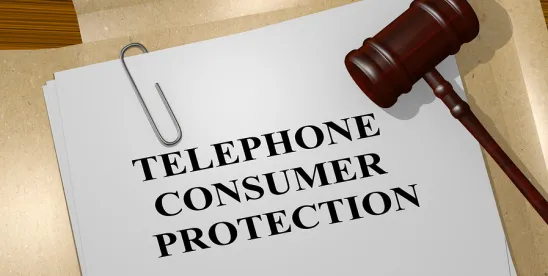In Barton v. Delfgauw, 2025 WL 1707568 (W.D. Wash June 18, 2025) a defense lawyer in a TCPA suit made a bunch of mistakes while litigating in federal court, culminating in apparently filing a very damaging document contrary to her client’s instructions.
As the Court put it, had this been her first mistake in the case the Court might have let her off with a warning. Instead, the numerous errors demonstrated in the action lead the court to conclude disciplinary action– i.e., potential disbarment or suspension–should be considered.
Here’s the meat of the analysis:
Under Local Civil Rule 83.3(a), lawyers practicing in this Court are obligated to comply with the Rules of Professional Conduct. Discipline for violations of the RPCs can include suspension from the practice of law in this Court, reprimand or admonition, financial penalties, or referral to other disciplinary authorities, and can include supervision conditions, including continuing legal education. LCR 83.3(c)(4). Under Local Civil Rule 83.3(c)(5), a judge of this Court may initiate discipline on its own motion, which is referred to the Chief Judge. When the Chief Judge is the initiating judge, “he or she must refer it to another judge.” Id. The reviewing judge may determine that the matter is best handled by the WSBA and make a referral to that or another authority. Id. The respondent attorney must be given notice and the opportunity to respond. LCR 83.3(c (5)(C). Because of the history of sanctions in this case, counsel’s WSBA disciplinary history for similar failures of diligence, and the evidence adduced of an RPC violation(s), this Court will make a referral to the next most senior active judge in this District, Judge Tana Lin, to determine if discipline should be imposed under Local Civil Rule 83.3 and/or whether this matter should be referred to the WSBA for their consideration.
Pretty wide range of options here. She could get off with a sternly worded order and perhaps some CLE. Or she could end up referred to WSBA for enhanced penalties. Tough to say for now. But we will keep an eye on it.
She was litigating against a guy without a lawyer– albeit a sophisticated guy without a lawyer, Nathan Barton. And the case was not even a class action.
Just goes to show the level of caution, accuracy, and intelligence needed to constantly litigate in federal court is simply above the capabilities of many attorneys. Layer in the complexities of class litigation and the incredible depth and speed of developments in TCPA substantive law, not to mention the insanely high penalties for failing to comply with the statute, and TCPA class action defense really is the perfect storm for attorneys.
There’s no more dangerous area of law out there, folks, and no higher stakes litigation. Choose your counsel wisely!




 />i
/>i
